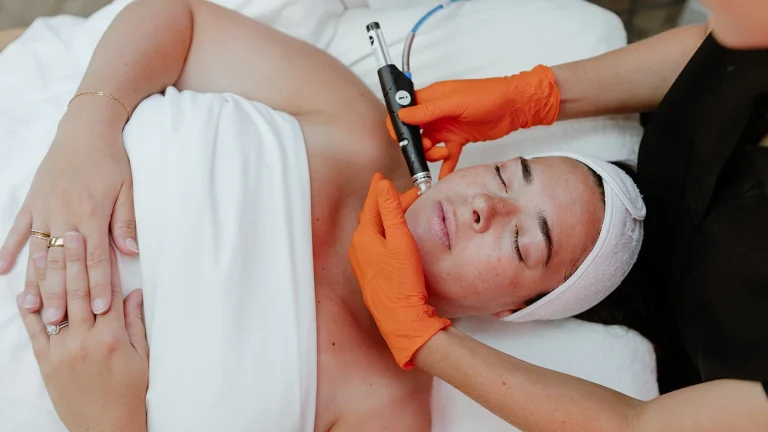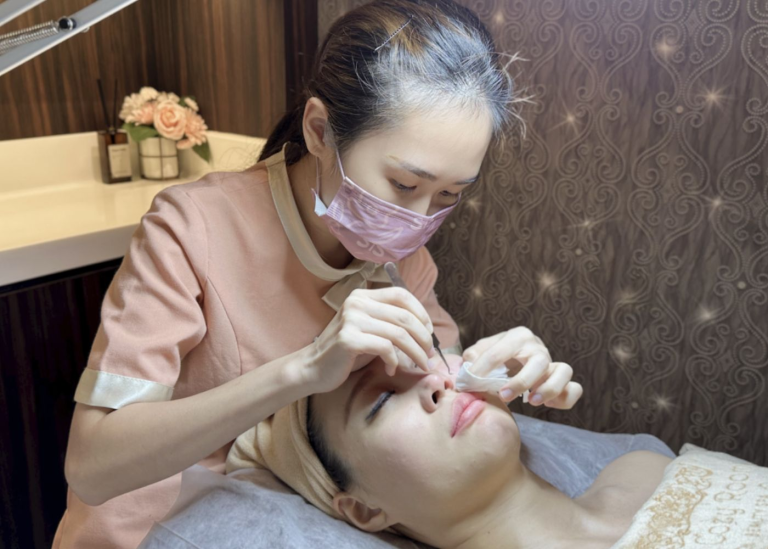The facility for hormone replacement therapy in Plano has seen many patients journey through menopause with ease. Menopause marks women’s finale of their reproductive years and menstrual cycle. Unfortunately, you do not just get to menopause. Your hormones will start by dropping in production levels even before your final menses. When the gradual process occurs, you will likely experience painful sex, mood swings, and hot flashes. Fortunately, your doctor can help relieve the symptoms, allowing you to enjoy a comfortable, intimate life.
Why would you contact your doctor for the treatment?
As you transition from your fertility years to menopause, your ovaries minimize their production of estrogen and progesterone hormones, resulting in uncomfortable symptoms. However, though the treatment relieves most of your symptoms, the decision to go for the treatment is a discussion you must consider with your doctor because of the various risks you might experience with the process.
What are the risks you are likely to have with hormone therapy?
Hormone replacement therapy consisting of the estrogen-progestin pill might increase your risks of developing severe health conditions, including breast cancer, blood clots, heart disease, and stroke. However, your chances of developing chronic health conditions vary depending on various factors, including:
Age. You are at risk of developing life-threatening medical conditions if you begin therapy at 60 years or older. However, if you start treatment before 60, you might have more benefits.
Medical history. Your past medical records, family history, and risk of developing the ailments are crucial before the process to determine whether it will be beneficial or tragic.
The type of treatment. Your risk of adverse effects also depends on whether your healthcare provider administers estrogen alone or in combination with another hormone like progestin and the dosage.

Who is most likely to benefit from the therapy?
Your benefits with hormone replacement therapy are likely to outweigh your risks when you have:
- Estrogen deficiency
- Moderate or severe hot flashes
- Early menopause because of loss or issue with your ovaries
- Other menopausal symptoms
HT has various benefits. Besides relieving your hot flashes and minimizing vaginal dryness that is likely to result in painful sex, the therapy may also help:
- Minimize your chances of developing osteoporosis
- Lower your joint pains
- Enhance your mood and overall well-being
Though hormone therapy will help relieve your menopausal symptoms, the treatment also has risks. Therefore, knowing your risks is crucial in decision-making. Consult your physician for inquiries about the treatment to see if it is right for you.
Does the presence or absence of your uterus determine your choice of treatment?
Your uterus plays a significant role in determining the type of therapy your healthcare provider might recommend. For instance, if you have your uterus, the medical professional may recommend a combination of estrogen and progesterone since administering estrogen alone may increase your risk of developing endometrial cancer. Progesterone decreases your risk of the disease because it ensures your uterine lining remains thin.
On the other hand, your healthcare provider may not recommend progesterone alongside estrogen when you do not have your uterus. Using estrogen alone has minimal long-term risks than combining the two hormones.














